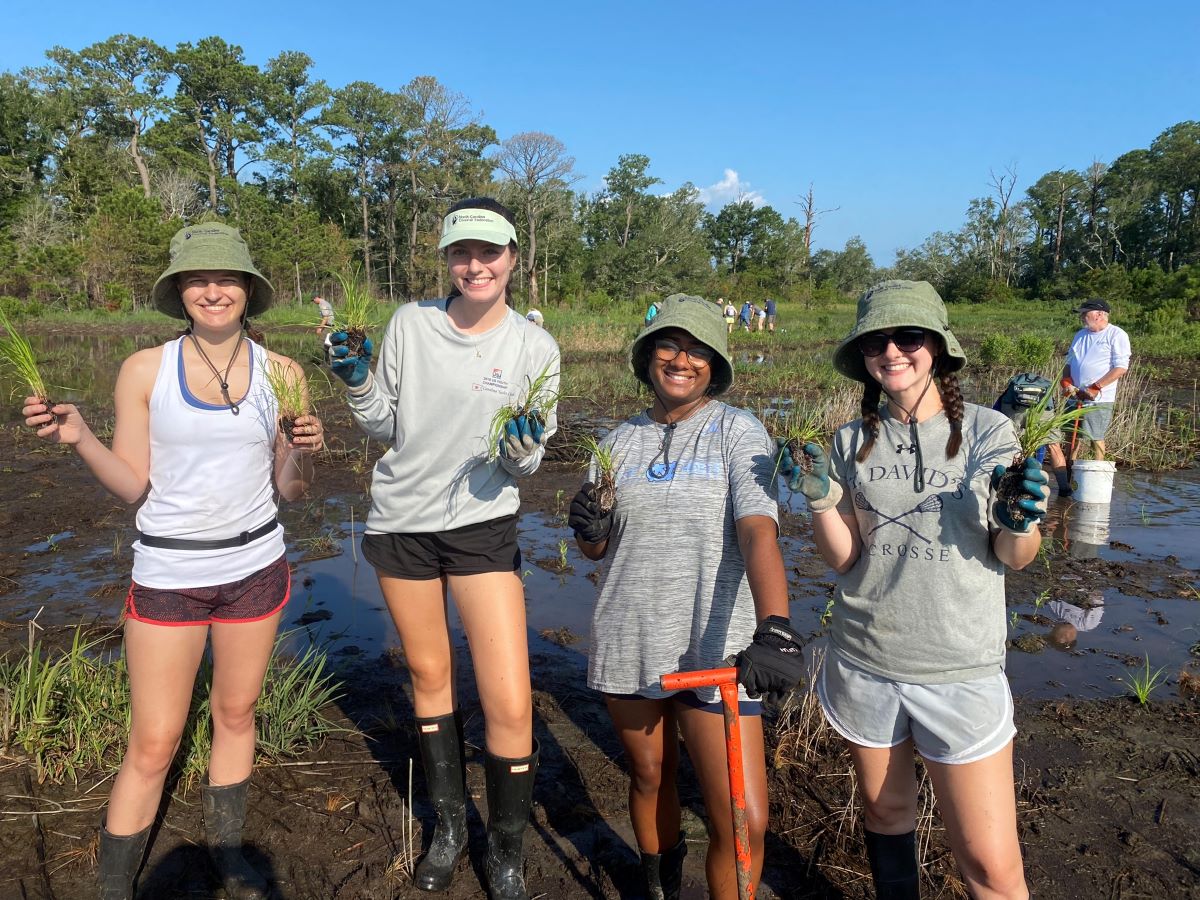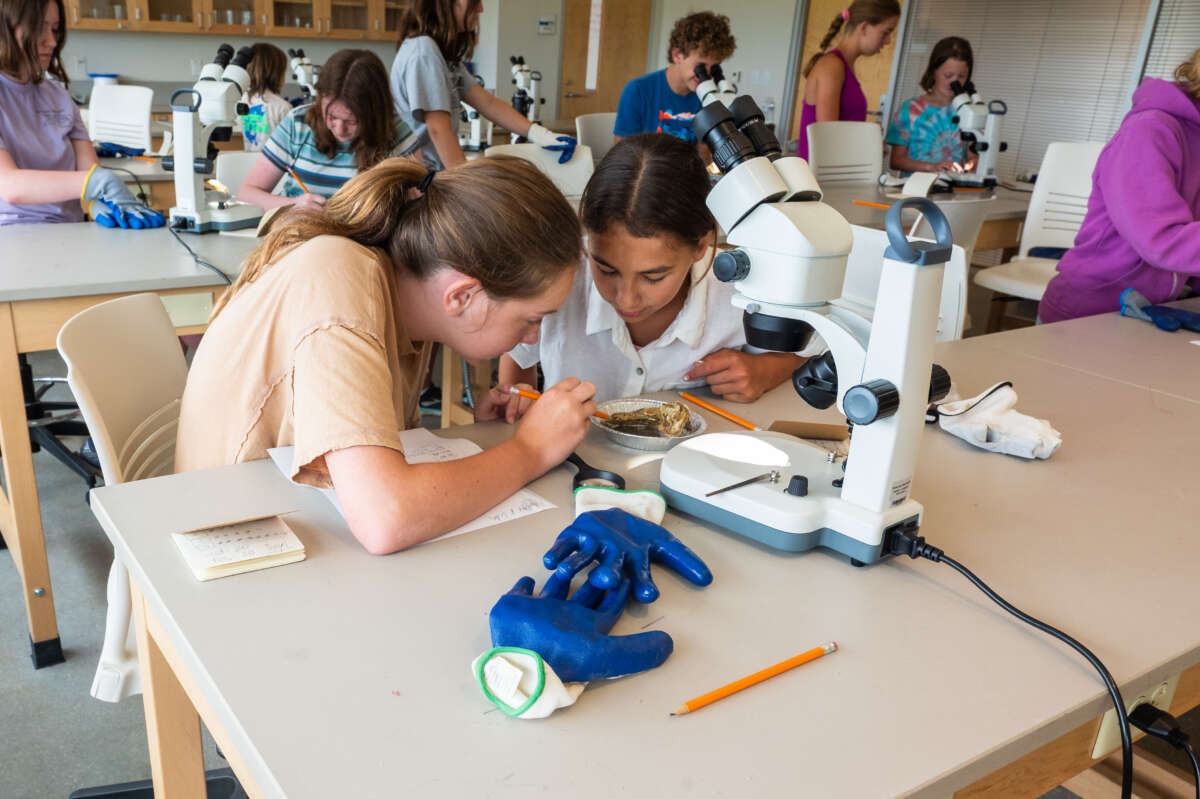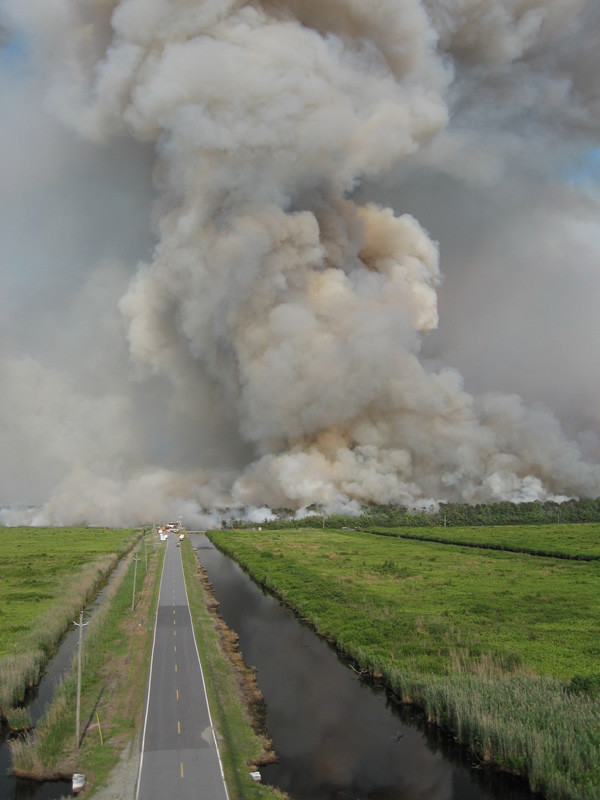
North Carolina Coastal Federation and Carolina Beach State Park staff are asking volunteers to help out Tuesday to restore 10 acres of tidal marsh habitat.
Taking place from 9 a.m. to noon at the park 10 miles south of Wilmington, extra hands are needed to plant thousands of native wetland plants in marsh once overrun by invasive phragmites, or reed grass.
Supporter Spotlight
Wetlands serve as natural buffers against storms, and they filter pollutants, provide habitat for diverse wildlife and support the livelihoods of coastal communities.
“When planning these events, we have to take our cues from the plants when they are ready to go in the ground. Serendipitously, their readiness aligns with National Pollinator Week, symbolically acknowledging their vital role in supporting biodiversity,” said Coastal Education Coordinator Bonnie Mitchell. “These plants aren’t just for pollinators; they’re also crucial for safeguarding and restoring the wetlands, which act as buffers against storms, provide homes for wildlife and clean pollutants from our environment.”
Organizers said that volunteers should be prepared for physically demanding work in muddy, wet, and potentially hot and humid conditions. Prior experience is not necessary as basic training will be provided, and all necessary project supplies and equipment, as well as snacks and refreshments, will be provided on-site.
“Volunteer events are one of my favorites. Involving volunteers in something like restoring wetlands and planting native plants is such a valuable way to send home ownership. It really pushes the important aspects of environmental education further,” Carolina Beach State Park Park Ranger Jesse Anderson said. “Our volunteers return home to share with family and friends about their experiences, and that stays with you.”
This wetland restoration project at Carolina Beach State Park is made possible through funding from the Natural Resource Damage Assessment Trustees: National Fish and Wildlife Foundation, the National Oceanic and Atmospheric Administration, the U.S. Fish and Wildlife Service, and the North Carolina Department of Environmental Quality.







